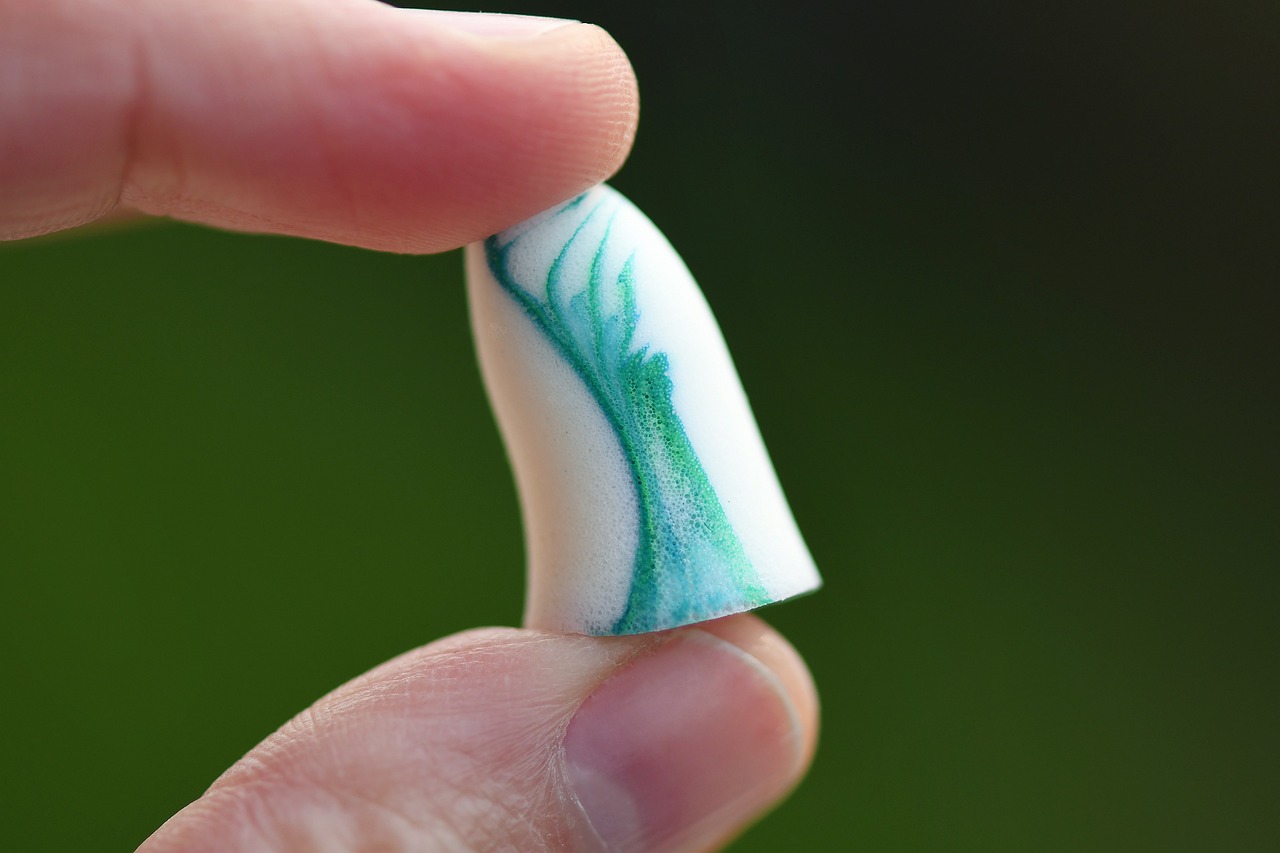

- Taking steps to reduce loud noise exposure and protect your ears is crucial in preventing tinnitus.
- Limiting caffeine and alcohol consumption, staying hydrated, and getting regular hearing check-ups are essential measures for maintaining good ear health.
- Quitting smoking and seeking support can also contribute to preventing tinnitus.
- Seeking professional advice and taking action today can lead to a quieter life free from the bothersome symptoms of tinnitus.
Ever had a constant ringing in your ears that just doesn’t go away? That’s tinnitus, and it can be a real nuisance for many people. Imagine trying to focus on a conversation or enjoy a peaceful evening, but there’s that persistent hum or ring in your ear. It can affect your sleep, work, and overall quality of life. The good news? Tinnitus is often preventable. You can keep this annoying condition at bay by taking some proactive steps.
In this comprehensive guide, we’ll explore what tinnitus is, its common causes, and most importantly, seven effective strategies to prevent it. Whether you’re young or old, these tips can help you maintain healthy hearing and avoid tinnitus discomfort.
What is Tinnitus?
Tinnitus is the perception of sound when no external sound is present. People with tinnitus may hear ringing, buzzing, hissing, or even roaring. These sounds can be constant or intermittent and vary in volume. Although tinnitus is not classified as a disease, it frequently indicates an underlying condition, such as circulatory system disorders, ear injury, or hearing loss.
Common Symptoms of Tinnitus
- They are ringing or buzzing in the ears that others cannot hear.
- Hissing, clicking, or roaring sounds that come and go.
- Fluctuating volume of perceived sound, from soft to loud.
Common Causes of Tinnitus

Many factors can lead to tinnitus, so understanding what might trigger this condition is essential.
- Exposure to Loud Noises – Regular exposure to loud environments, such as construction sites, concerts, or even listening to music at high volumes through headphones, can harm the delicate hair cells in the inner ear, potentially resulting in tinnitus.
- Ear Infections and Blockages—Earwax infections or blockages can lead to tinnitus by affecting the ear’s normal function.
- Ototoxic Medications – Some medications can have side effects that impact hearing, leading to tinnitus. These include certain antibiotics, diuretics, and even aspirin in high doses.
Recognizing these causes can help you take steps to avoid them and protect your hearing health.
Seeking Professional Help
Sometimes, tinnitus can be a sign of a more severe condition that requires professional attention.
Recognizing Signs That Require Professional Attention
If you notice any of the following, it’s time to consult a specialist:
- Sudden hearing loss accompanied by tinnitus.
- Tinnitus in only one ear.
- Tinnitus that is accompanied by dizziness or balance issues.
Consulting a Tinnitus Specialist
A tinnitus specialist in Singapore can provide tailored prevention strategies and treatments based on your specific condition. They may recommend hearing aids, sound therapy, or other treatments to help manage your symptoms effectively.
Preventive Measures for Tinnitus

Prevention is always better than cure. Here are seven proven ways to prevent tinnitus and protect your hearing health.
1. Protect Your Ears from Loud Noises
Loud noises are one of the leading causes of tinnitus. Here’s how to protect your ears:
- Use Earplugs or Earmuffs – When attending concerts, construction sites, or other loud environments, wear ear protection.
- Limit Exposure Duration – If you can’t avoid loud sounds, limit your exposure time and take breaks to rest your ears.
2. Maintain Good Ear Hygiene
Keeping your ears clean is crucial for preventing infections that can lead to tinnitus.
- Clean Your Ears Gently – Use a soft cloth to clean your ears. Avoid inserting objects like cotton swabs into the ear canal, as this can push earwax deeper and cause blockages.
- Keep Ears Dry – Excess moisture can increase the risk of infections. Be sure to dry your ears thoroughly after swimming or showering to help prevent this.
3. Manage Stress and Anxiety
Stress and anxiety can exacerbate tinnitus symptoms. Here are some ways to manage them:
- Practice Relaxation Techniques – Techniques such as meditation, deep breathing, or yoga can help reduce stress levels.
- Engage in Hobbies – Activities that you enjoy can help distract you from stress and keep your mind occupied.
4. Stay Active and Healthy
Overall health plays a significant role in hearing health.
- Regular Physical Activity – Incorporate exercises like walking, jogging, or swimming into your routine to promote circulation and overall well-being.
- Eat a Balanced Diet – A diet rich in fruits, vegetables, and whole grains supports your health and can indirectly benefit your hearing.
5. Avoid Ototoxic Medications
Some medications can harm your ears and lead to tinnitus.
- Consult Your Doctor – Always discuss the potential side effects of medications with your doctor, primarily if they are known to be ototoxic.
- Seek Alternatives – If a prescribed drug has harmful side effects, ask your doctor about alternative treatments.
6. Limit Caffeine and Alcohol Intake
High consumption of caffeine and alcohol can worsen tinnitus symptoms.
- Reduce Caffeine and Alcohol – Reduce coffee, tea, and alcoholic beverages.
- Opt for Healthier Choices – Drink water and herbal teas to stay hydrated without exacerbating tinnitus.
7. Get Regular Hearing Check-Ups
Monitoring your hearing health is essential for early detection of problems.
- Routine Hearing Tests – Schedule regular hearing tests to catch any changes in your hearing early.
- Follow up with Specialists—If you notice any changes in your hearing, consult a tinnitus specialist in Singapore.
The Key Takeaways
Preventing tinnitus is all about taking proactive steps to protect your hearing. From avoiding loud noises to maintaining a healthy lifestyle, these measures can help you keep tinnitus at bay. Remember, your ears are delicate and need care just like any other part of your body.
By following these tips and seeking professional advice, you can enjoy better hearing health and a quieter life. Consider booking a consultation with a specialist for personalized advice and more strategies for preventing tinnitus. Taking action today can save you from the persistent buzz of tinnitus tomorrow.


